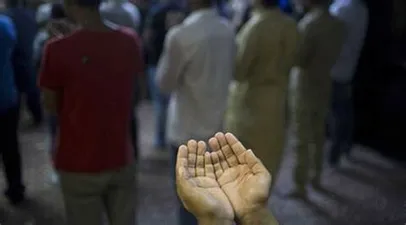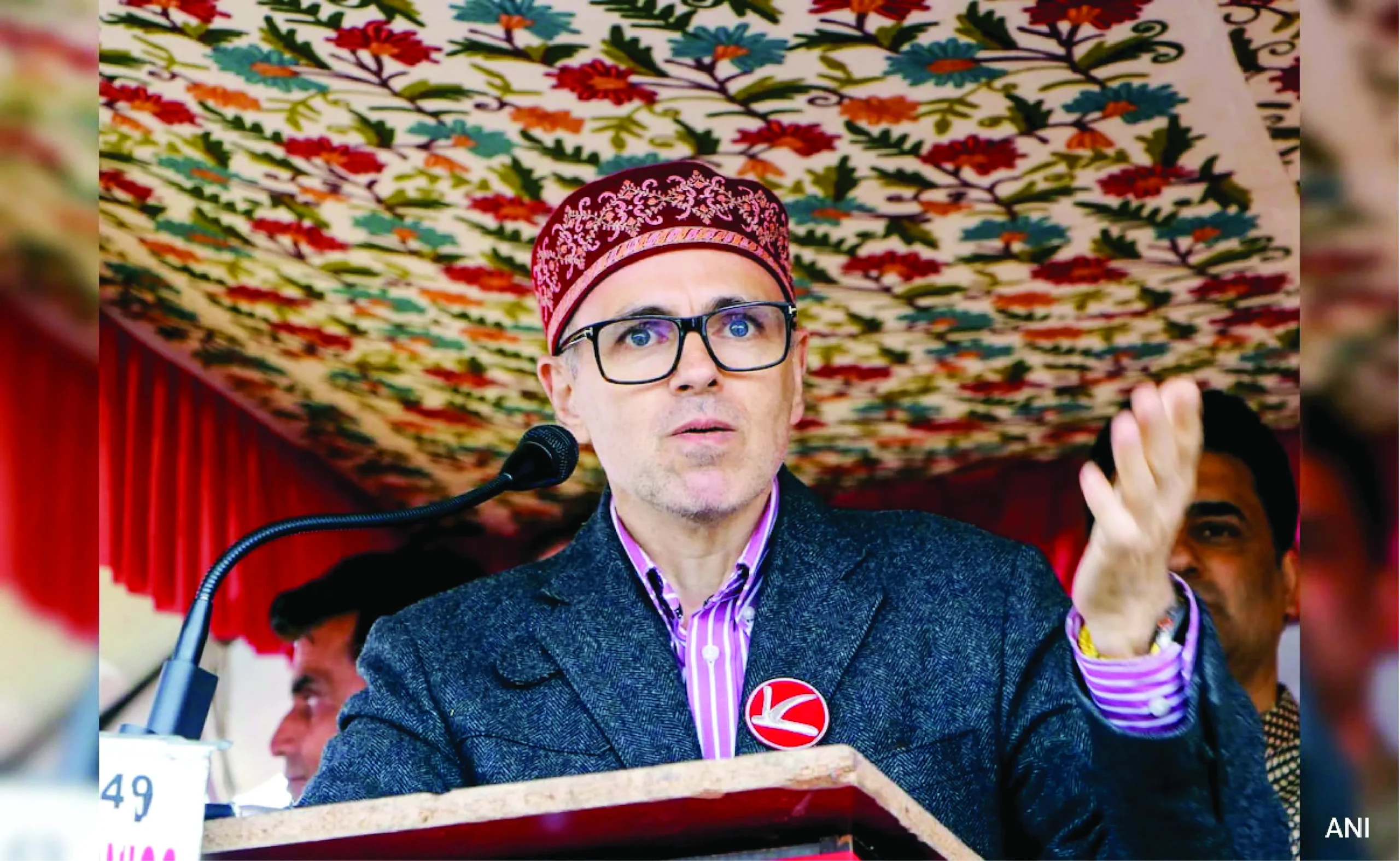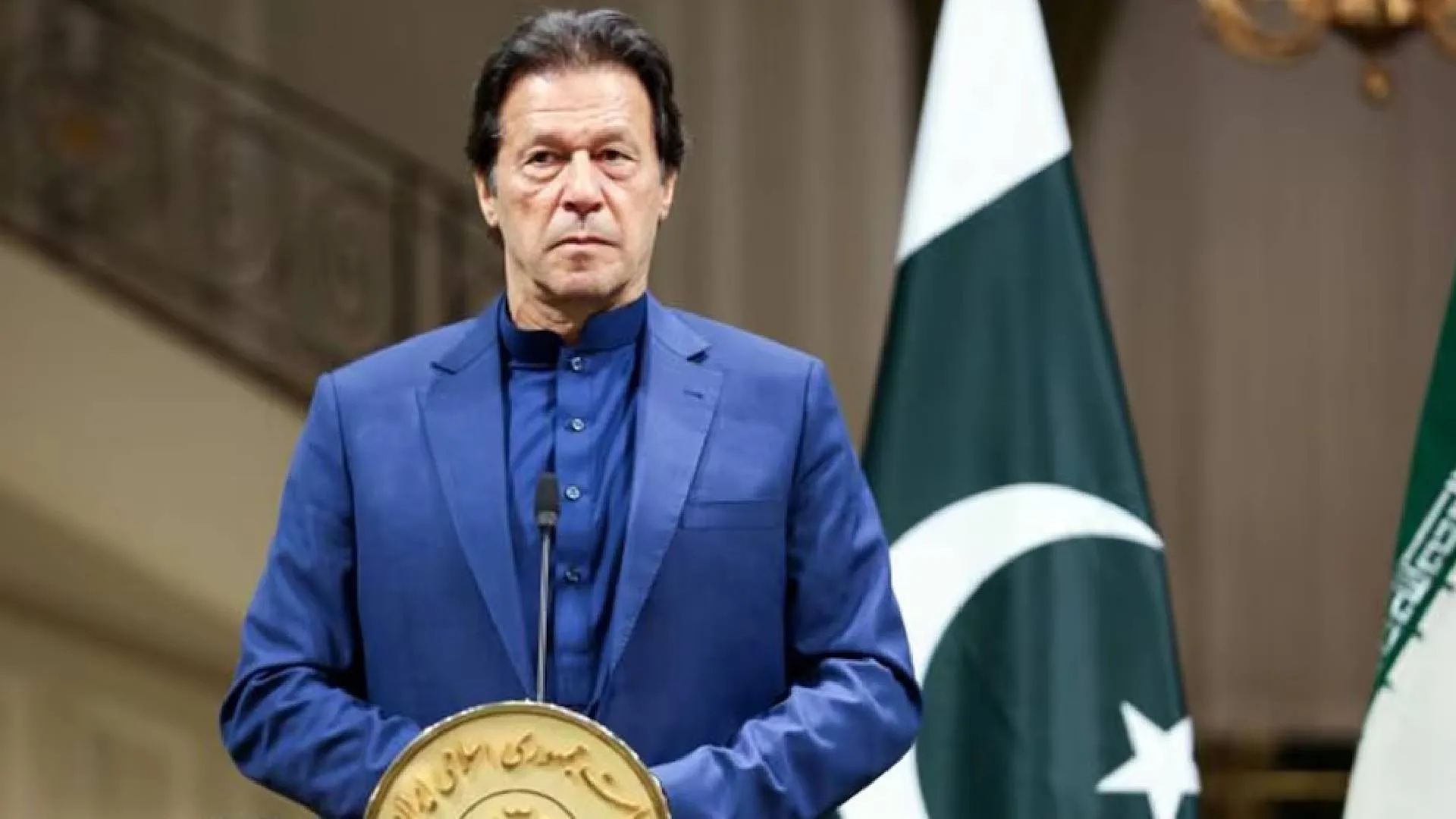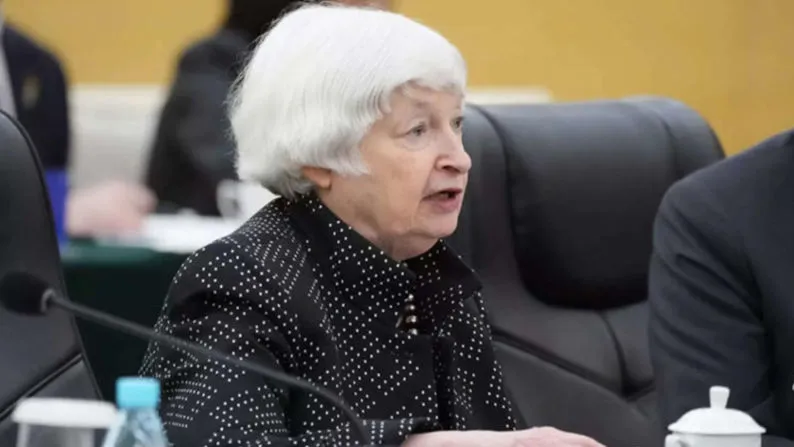The past few weeks have been awful for people belonging to religious minority communities in Pakistan, as three brutal murders have occurred; two in Peshawar, the troubled province of Khyber Pakhtunkhwa’s capital city and one in Hyderabad, Sindh.
A Sikh shopkeeper, Dayal Singh, was shot dead by an unidentified assailant in the jurisdiction of Rahman Baba Police Station in Peshawar, on 31 March. Assailants on a motorcycle opened fire when he was sitting in a shop. Police recovered 30 pistol shells and other evidence from the crime scene. As reported on April 1, 2023, Ranveer Singh, a representative of Pakistan’s Sikh community, said Dayal Singh had no problems with anyone. He said Sikhs are feeling insecure as 11 members of their community have been killed in recent years. Later, a Christian man, Kashif Maseeh, was shot dead by unknown attackers on April 1 in Peshawar. He was attacked while returning from his job as a cleaner for local authorities. On 7 March, a renowned dermatologist of Hyderabad, Dr Dharam Dev Rathi was brutally slaughtered, as his throat was slit by his driver. Interestingly, on 2 December 2022, the United States designated Pakistan, along with China, Russia and Iran as countries of particular concern under the Religious Freedom Act over severe violations, as stated by US Secretary of State, Antony J. Blinken.
Earlier, in June 2022, it was reported that, the US kept Pakistan’s designation as a “Country of Particular Concern” as part of its annual International Religious Freedom Report. The report reviewed the state of religious freedoms in some 200 countries and territories around the world. In its 2000-page report, the section about Pakistan pointed to the religious violence, discrimination and persecution, and the failure of law enforcers and judiciary to adhere to basic evidentiary standards, especially in blasphemy cases.
It is a well-known fact that religious minorities frequently experience viciousness in Pakistan, even though the country’s Constitution guarantees them equal rights and the freedom to practice their faith. The phrase “minority” appears on multiple occasions in the Islamic Republic of Pakistan’s 1973 Constitution; nevertheless, there is no definition of this term. Consecutive federal governments have held that minorities in Pakistan must be religious, and that there are no ethnic, linguistic, or indigenous peoples. According to the 2017 Census, Muslims make up 96.2% of Pakistan’s population, Hindu 1.6, Christian 1.59%, Ahmadi 0.22%, and other minorities 0.07%.
However, it should be emphasised that Pakistan’s founder, Muhammad Ali Jinnah, was aware of the country’s multi-religious makeup. “You are free; you are free to go to your temples, mosques, or any other place of worship in this State of Pakistan,” he said in his inaugural address to the Constituent Assembly, “…You can be of any religion, caste, or creed – it has nothing to do with the State’s business.” Even so, notwithstanding the aim of country’s founding and the textual commitments in the Constitution, minorities in Pakistan have faced prejudice and violence.
As mentioned above, the religious minorities make up only about 4% of Pakistan’s total population. At the centre of the popular discourse on this topic lies a prominence on commonplace experiences of exclusion, violence, and discrimination.
SIKHS
It can easily be said that, Sikh community as a religious minority residing in Pakistan, is on the verge of extinction. While Pakistan’s National Database and Registration Authority (NADRA) claims that there are only 6,146 Sikhs registered in Pakistan, according to an estimate, census conducted by NGO, Sikh Resource and Study Centre (SRSC), about 50,000 Sikhs still live in Pakistan. Unfortunately, Sikhs were not included in the 2017 population census and there is no hard data on their numbers. Most are settled in the province of Khyber Pakhtunkhwa, followed by Sindh and Punjab. Other sources, including the US Department of State, claim the Sikh population in Pakistan to be at 20,000.
Further, Sikh rights advocates say Pakistan’s Sikh population has dropped dramatically since 2002, as forced conversions and violence against Sikhs have ramped up with little to no legal protections in place. The Sikhs also go through various forms of discernment in Pakistan. Constant harassment in schools, workplaces, and living environments has resulted in the economic downfall of Sikhs and a level of dread amongst Sikhs to even wear their identity, whether it’s kada or kirpan. Sikhs in Pakistan are easily distinguished by their untrimmed beards and towering turbans, which set them apart from their Muslim colleagues. Moreover, young Sikhs both male and female are constantly struggling under aggressive and hostile conditions, fundamentally because of their religious identity, which is not Islamic.
CHRISTIANS
Pakistani Christians have continued to live in deplorable conditions, and in recent years, the community has been the subject of increased atrocities as intolerance has grown. Christians have faced persecution, targeted killings, mob violence, forced conversions, and the destruction of churches and graves by perpetrators emboldened by the authorities’ lack of meaningful action and widespread impunity. In addition to frequent violence and discrimination, the Christian minority has the added burden of the infamous blasphemy laws, which carry a possible death sentence for anyone found guilty of insulting Islam. According to the Lahore-based NGO, Centre for Social Justice, seven Christian individuals were charged and imprisoned over blasphemy charges in the year 2021. At least two others were arrested and tried for the same crime in separate incidents in 2022. The danger of being accused of blasphemy has also been used to threaten and frighten the community.
In addition, generation after generation, Pakistani Christians faced workplace deaths and accidents as they are forced into the hazardous work of cleaning streets and gutters of Pakistan. Even today, most Christian sanitation workers are treated as social outcasts. People generally avoid shaking hands, making friends, and even eating or drinking with them. The term churha, which officially translates to “sweeper”, is now seen by many as derogatory but is still casually used as a slur for Christians, regardless of their profession. Over a period of years, anxious daily workers without other prospects are kept on edge, pressurized to do just one more job, or go down just one more clogged sewer deprived of protective gear, oxygen tanks, gloves etc. As reported on April 9, 2023, at least six sanitation workers, all Christian, have died within the last year after inhaling poisonous sewer gases in otherwise preventable workplace accidents across Pakistan.
HINDUS
Compared with other religious minorities, much less scholarship is available on other minorities, such as Shi‘is, Ahmadis, Hindus and Sikhs. This omission is particularly glaring with regard to Hindus, who, at least numerically, make up the same percentage of the population as Christians, but have much deeper roots in the history of the subcontinent. One of the aspects, in which some literature is available is about forced conversion of under-age Hindu girls. Trying to covert forcefully (by means of abduction and marriage) to Islam have become a new form of violent extremism in Pakistan. It is extremely crucial to note that, conversion to Islam is a one-way process. Once a person becomes Muslim—forcibly or voluntarily—then returning to the original faith is considered as apostasy, which is punishable by death in Islam under penal law. Most of the conversions of young Hindu girls take place in the Thar region of Sindh, particularly in the districts of Ghotki, Umerkot, Tharparkar, Jacobabad, Mirpur Khas, and Sanghar. Unfortunately, the Child Marriage Restraining Act, 1929 of Pakistan is misused and abused in such cases of abduction of minor girls and subsequent marriage, as most of the abductees duly sign in an affidavit showing their age to be above 18 years. Furthermore, on February 3, 2020, Sindh High Court ruled that men can marry underage girls, under Sharia law, after they have experienced their first menstrual cycle. This ruling is openly providing legitimacy to the entire racket of abduction-conversion-forced marriage of teenage Hindu girls in Sindh.
Although, it is highly unexpected, but still, a civilized mind would expect the government of Pakistan to take all-inclusive actions to defend, encourage and achieve the rights of all Pakistani citizens irrespective of their religious background, from blatant violence based on religion or belief. The state must pledge equal rights of Pakistani minorities in all spheres of life. This can be done through initiatives extending from political, constitutional, legal, and educational reforms, to confirmatory initiatives in order to eliminate discrimination and inequality from society.

Dr Sanchita Bhattacharya is Research Fellow, Institute for Conflict Management, New Delhi.























